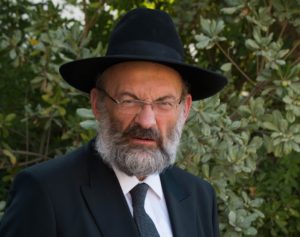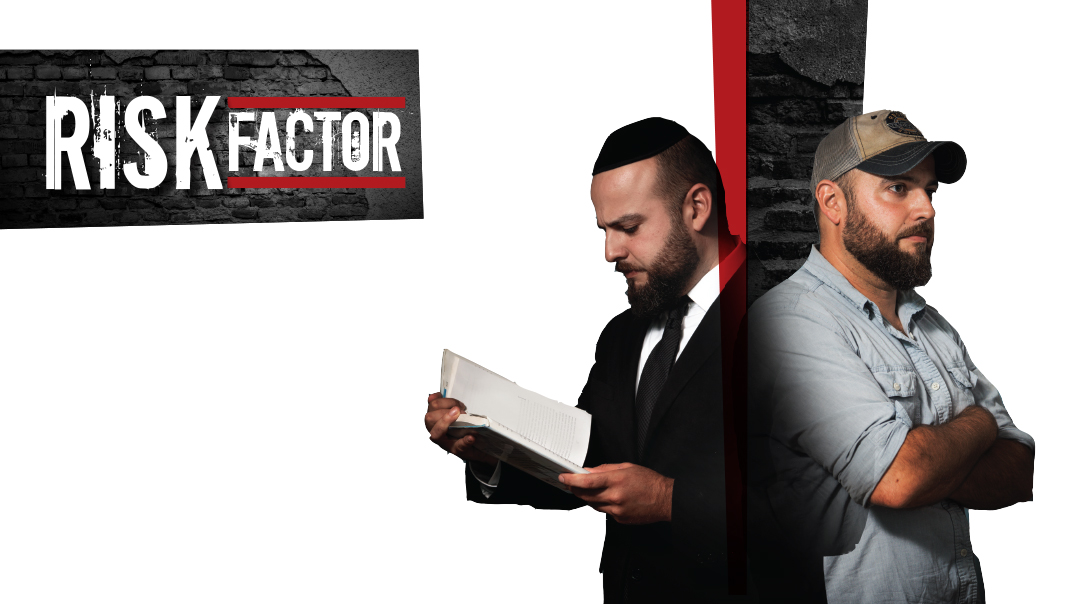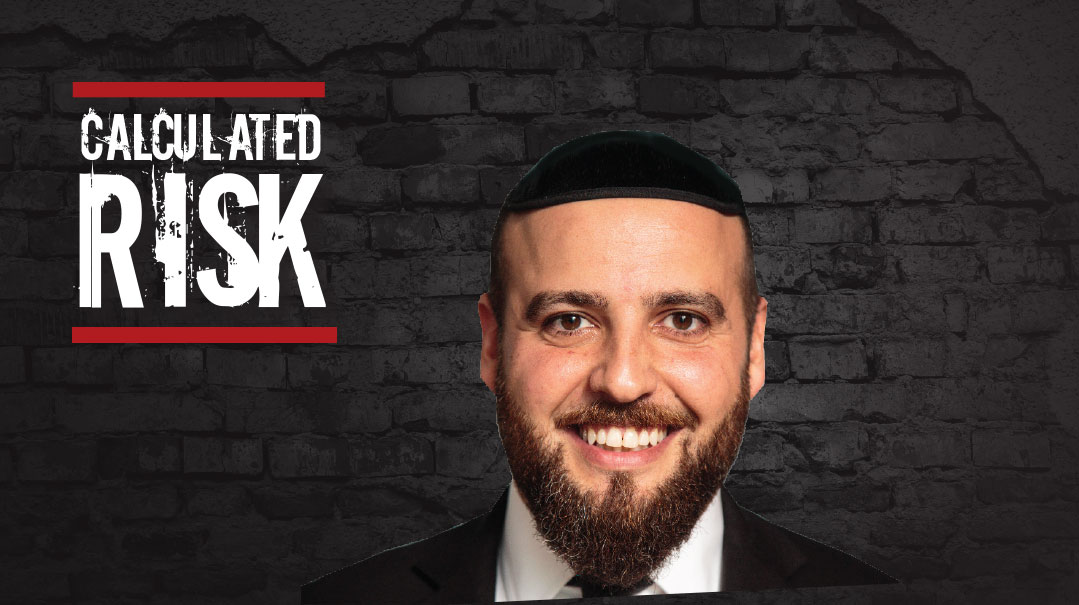The Savior
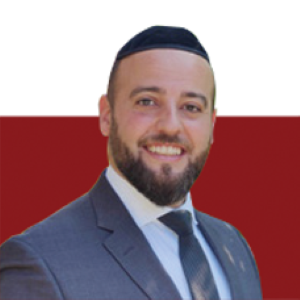
“I can’t do it,” he said. “I’m too embarrassed.” He was staring at me defiantly
M
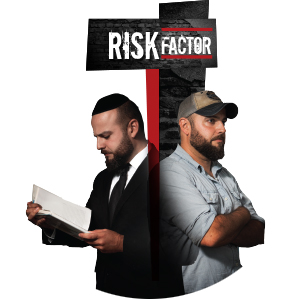
“I can’t do it,” he said. “I’m too embarrassed.” He was staring at me defiantly. He wanted to back out, and I wasn’t allowing him to.
“I can’t begin to imagine how much it hurts to be there, and how difficult it is,” I said, looking back at his tear-stained face, “but this is the moment you’ve been working toward.”
I’d been working with Mike for a little while. His mother was sick and deteriorating every month. Sometimes, a child of an ill parent might feel ignored or lost, but for Mike it was even worse: he felt helpless. He was the oldest of six, the classic big-brother protector, except he couldn’t protect anyone from the disease that was robbing them of their mother. He went from feeling responsible for his family to feeling responsible for their pain and agony. He didn’t know how he could help, so he left.
He believed that he had failed them.
A week before Purim, when Mike’s cousin told him that the family Purim seudah would be at Mike’s family because his mother was too sick to leave the house, Mike decided it was time to go home. We talked it through, and Mike felt ready. Until this morning.
“What if I go and my siblings want to know why I abandoned them?” he asked me.
“Do you think you abandoned them?”
“I did feel that way. I worked through that. But maybe they haven’t,” he said, tears streaming again.
“How would you like them to react?” I asked.
“I don’t know. I’m dreading it. I just need to get past that first meeting somehow.”
“Mike,” I said, “it sounds like you have a plan.”
“I do, but you’re gonna hate it.”
“If it’s a good plan, I won’t,” I said.
“It’s a good plan,” he asserted, a little defiantly, “but maybe not a healthy one.”
I waited.
“So it’s gonna be Purim… ” he started.
“Horrible idea,” I said immediately.
“But you once said that some people drink to calm their anxiety!” he argued.
“That was an example of a negative coping technique!” I retorted. “That’s not a plan!”
“But it’s effective.”
“Effective at avoiding feeling anything, yes.”
“So what am I supposed to do instead?” he demanded.
“You have the tools, you tell me,” I said.
The tools I was referring to was a series of analytical questions Mike and I had developed to help him understand his emotions and how to channel his feelings and responses.
He sat up straighter, and his eyes narrowed. “Define the problem,” he said.
“Exactly,” I said.
“I’m afraid that my family won’t forgive me for leaving them when they needed me.”
“That’s good, define it for me further,” I said.
“I left my family when they needed me.”
“Is that true?” I asked.
“Yes!”
“How do you know it’s true?”
“Because I couldn’t help them,” he said tears starting again. “I left them because I couldn’t help them.”
Only one more step.
“Great Mike, now the flip,” I said, referring to an exercise Mike and I have done before many times, where we flip what he is feeling toward others back toward himself.
“I left my family because I...” He paused, closed his eyes, and finally finished the sentence: “…couldn’t help myself.”
Mike called me a week after Purim.
“Hey, rabbi, I’m really sorry, I gotta cancel our meeting,” he said.
I actually love cancellations. It usually means a gift of an hour, which is worth so much more than I make in an hour.
“No problem,” I told Mike. “Is everything okay?”
“Yeah, great,” he said. “I’m just going out with my siblings, tonight is the only night that works for everyone.”
“Mike, that’s amazing!”
“Purim was incredible,” he said. Once he started, it all came pouring out. “When I got there it was a little awkward, no one knew how to react. My father and my siblings were trying to act natural, and my other relatives were all pretending it was okay that my mother could barely move or talk. It was very weird and quiet. Then I started talking to one of my brothers and then another one, and soon we were all talking together… everyone relaxed and we were laughing… Then my dad pulled me aside and said he missed me and hasn’t heard anyone laugh in our house since I left.”
“Ouch,” I said.
“Yeah… When he said that I started feeling guilty about abandoning them. But then I realized that right now I was the reason they were happy.”
“Wow.”
“Then I had this crazy realization… I walked over to my mom in the wheelchair, and I started dancing… She was smiling and crying… All my siblings joined in, and it was amazing.” I could hear his smile over the phone.
“I am so happy for you, Mike,” I said. “But one question. What was this amazing realization that you had?”
“You know how I left home because I couldn’t save my mom, or my family, or myself, from all the pain that we were going through?” Mike said. “But sitting there with them I realized I don’t have to save anyone. Just being with them is enough. That changed everything.”
“Mike,” I said, “I am so going to steal that line one day.”
Promise kept.
Identifying details have been changed to protect the privacy of patients, their families, and all other parties.
Rabbi Yossi Bensoussan serves as mashgiach ruchani at Yeshiva High School of Cleveland. He is a Certified Alcohol and Substance Abuse Counselor (CASAC) who currently maintains a private practice and does motivational speaking and community education on addiction all over the US and Israel.
(Originally featured in Mishpacha, Issue 801)
Oops! We could not locate your form.





